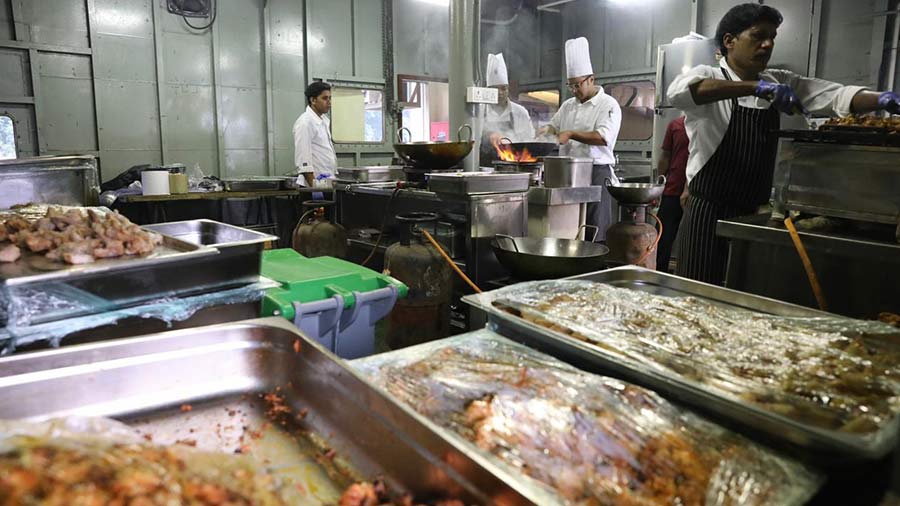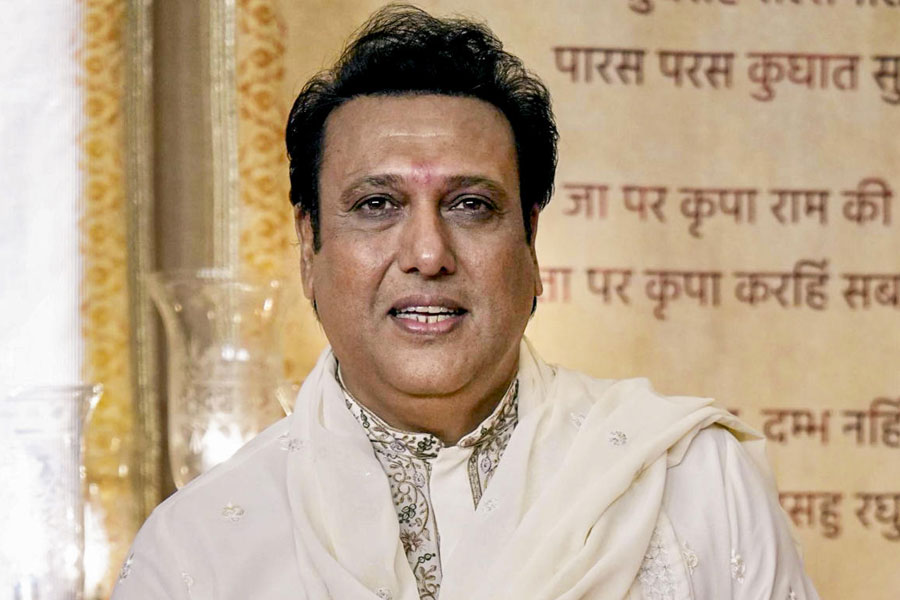Imagine a Durga Puja 100 years from now. A century is likely to change the face of Bengal’s favourite festival — a holographic Durga idol perhaps? — but what is certain to remain the same is the omnipresence of food. After all, Bengalis, cynics chuckle, are nearly as devoted to the food as they are to the goddess and spare no opportunity to perfect the art of cooking. But the National Institute of Technology Durgapur may have taken this desire for culinary perfection a step too far. Scientists at NIT have trained an artificial intelligence system, the artificial neural network, to determine the ideal conditions for frying the beloved katla in mustard oil. The findings, the scientists are hoping, could provide guidance to home kitchens and the food industry in the near future. NIT is not alone in trying to harness AI to dish out food. Nala Robotics has launched a ‘fast food robot’ that can fry chicken wings, French fries and other such items, season them, and plate them without human intervention. Chipotle Mexican Grill, an American fast-food chain, has introduced AI-powered sous ‘chefs’ that can fry chips, season them with salt, and top the fritters with fresh lime juice.
There is no doubting the importance of the nutritive value of food: a study by World Vision India showed that malnutrition could be curbed significantly if the food served is cooked in the right way to retain its nutritional components. Is it then time for the kitchen to be taken over by the AI thakur?
Perhaps this AI invasion would have to wait a while. Precision is important in cooking. But some delicacies resist accuracy: the taste of bhoger khichuri, for instance, can surely not be replicated by measured ingredients. That is because the crux of good food is innovation. And human beings are way ahead than robots in this aspect. While AI can perfectly recreate a recipe that is fed into its system, it cannot be either experimental or innovative when it comes to cooking. The endurance of recipes can be attributed to human ingenuity, even accident. The apocryphal story of the introduction of aloo into the Calcutta biryani that Bengalis wolf down all year round is a classic example of a dish attaining immortality on the account of human enterprise. Similarly, can the AI chef match the ingenuity of men and women who invented such delicacies as kumro phool er bora and lau er khosha bhaja? These humble gastronomic delights are markers of inventiveness too: they were created to ward off economic paucity or famine. There is an additional reason for humans to defend the kitchen. The preparation of food is not only a therapeutic activity but it has also taught mankind foundational lessons in sharing, cooperation and efficiency.
There may, however, be one category of people for whom the AI chef’s efficiency can prove invaluable: the beleaguered, overworked homemaker — usually women — who are chained to the kitchen on all days of the week. How about making the AI cook toil so that the Indian woman — chef and domestic help — may get their periodic, well-deserved break?











